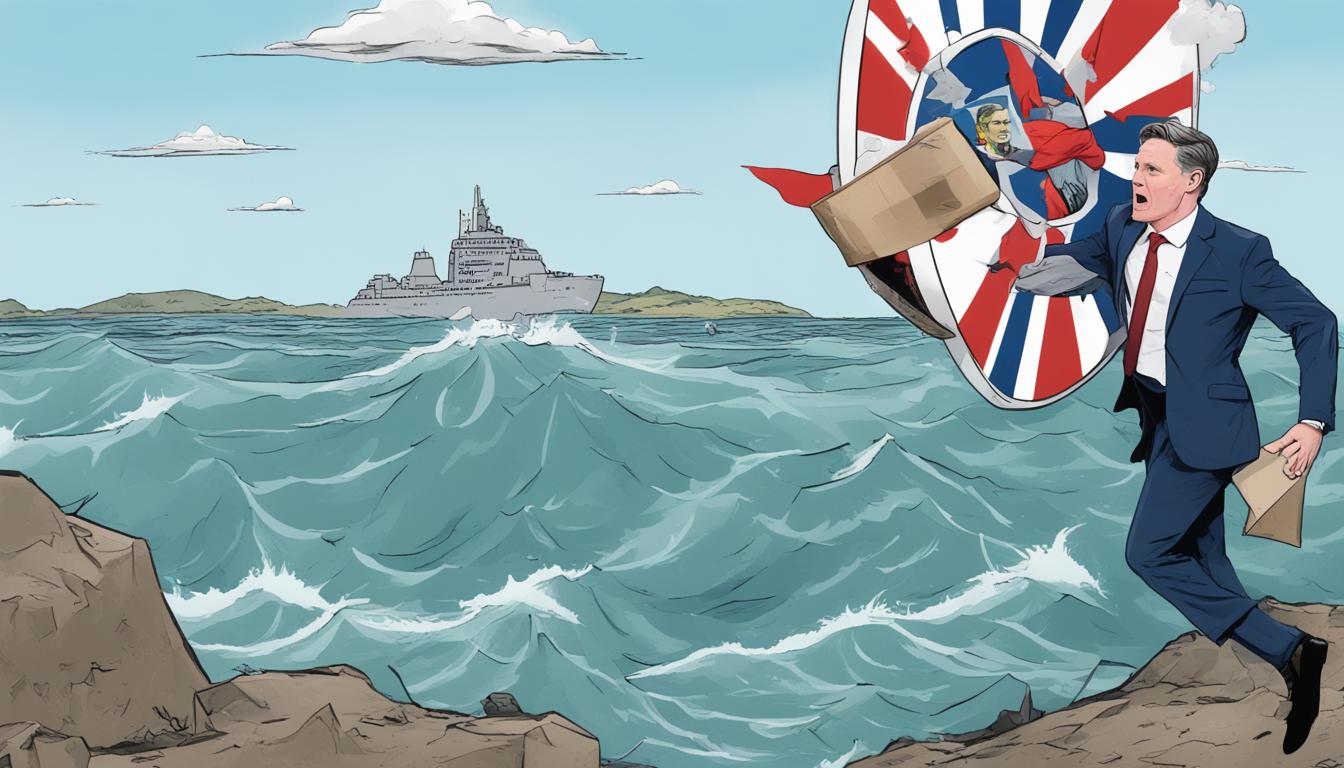Labour leader Keir Starmer has announced plans to shift funds from the Rwanda scheme to a new Border Security Command, aiming to tackle the issue of people smuggling and unauthorized channel crossings more effectively.
Keir Starmer, the leader of the Labour Party, has outlined a comprehensive immigration plan designed to address the challenges posed by people smuggling and the increasing number of small boat crossings in the UK. Announced in the midst of his political campaigns, Starmer’s proposal includes a shift of £75 million from the budget allocated to the controversial Rwanda scheme towards the establishment of a new Border Security Command. This elite unit is intended to enhance UK border security and significantly toughen the environment against human smuggling operations.
Starmer criticized the current government’s handling of immigration and small boat crossings as inadequate, labeling it as “rank incompetence.” His plan aims to replace the Rwanda scheme with more practical measures and focuses on bolstering border security through additional personnel, expanded investigative powers, and inter-agency cooperation.
This initiative has been unveiled alongside a call to install a border security chief who would have direct communication with the Home Secretary, a recommendation previously suggested to former Home Secretary Priti Patel. The proposal, however, has faced criticism from some quarters within Labour and refugee advocacy groups for not establishing new safe and legal routes for asylum seekers, which they argue are essential for preventing dangerous channel crossings.
The backdrop to Starmer’s announcements includes a public debate spurred by a report submitted to Chancellor Rishi Sunak by former immigration minister Robert Jenrick and Tory colleague Neil O’Brien. Addressing long-term immigration challenges, the report advocates for stricter controls, aiming to reduce net migration to the “tens of thousands.” It suggests a comprehensive remodeling of the immigration system to emphasize skills and effective management, including the establishment of a separate Department of Border Security and Immigration Control, distinct from the Home Office.
As the political discourse intensifies ahead of upcoming elections, the contrasting strategies put forth by the Labour Party and the Conservative Party highlight differing approaches to tackling the ongoing crisis of migration and people smuggling in the UK.













